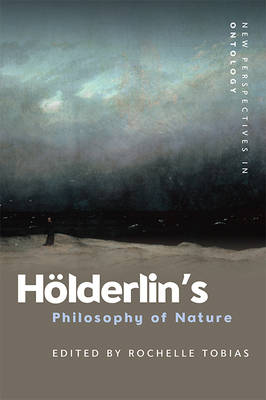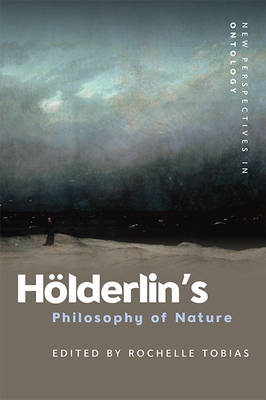
- Retrait gratuit dans votre magasin Club
- 7.000.000 titres dans notre catalogue
- Payer en toute sécurité
- Toujours un magasin près de chez vous
- Retrait gratuit dans votre magasin Club
- 7.000.000 titres dans notre catalogue
- Payer en toute sécurité
- Toujours un magasin près de chez vous
Hölderlin's Philosophy of Nature
Description
In our age of climate change, the work of the decidedly philosophical poet Friedrich Hölderlin has gained renewed urgency with its emphasis on the forces of nature that produce life and at the same time threaten to devour it. At the heart of his work lies an understanding of nature and the role that consciousness plays within it. This responds to, but also revises, the concerns of 18th and 19th-century philosophy of nature.
This collection of 15 essays by distinguished international scholars reconsiders what his work reveals about the impulses toward form and formlessness in nature and the role that poetry plays in creating Holderlin's 'harmonious opposition'. The collection shows that Hölderlin anticipates many of the concerns that motivate contemporary environmental thinking.
The contributions in the volume respond to this programmatic framework by taking Hölderlin's work in different -and sometimes even oppes-directions. What emerges from the collection is thus not Hölderlin's philosophy of nature but Hölderlin's nature-philosophies. (...) The success of the volume consists in its reconsideration of Hölderlin's poetry as indicative of a speculative project that is not yet complete, one that brings into articulation forms of nature that exceed and yet, some-how ground (or unground) the human being in exploratory and often contradictory ways (...).
Spécifications
Parties prenantes
- Editeur:
Contenu
- Nombre de pages :
- 272
- Langue:
- Anglais
- Collection :
Caractéristiques
- EAN:
- 9781474454162
- Date de parution :
- 30-05-22
- Format:
- Livre broché
- Format numérique:
- Trade paperback (VS)
- Dimensions :
- 156 mm x 234 mm
- Poids :
- 385 g






